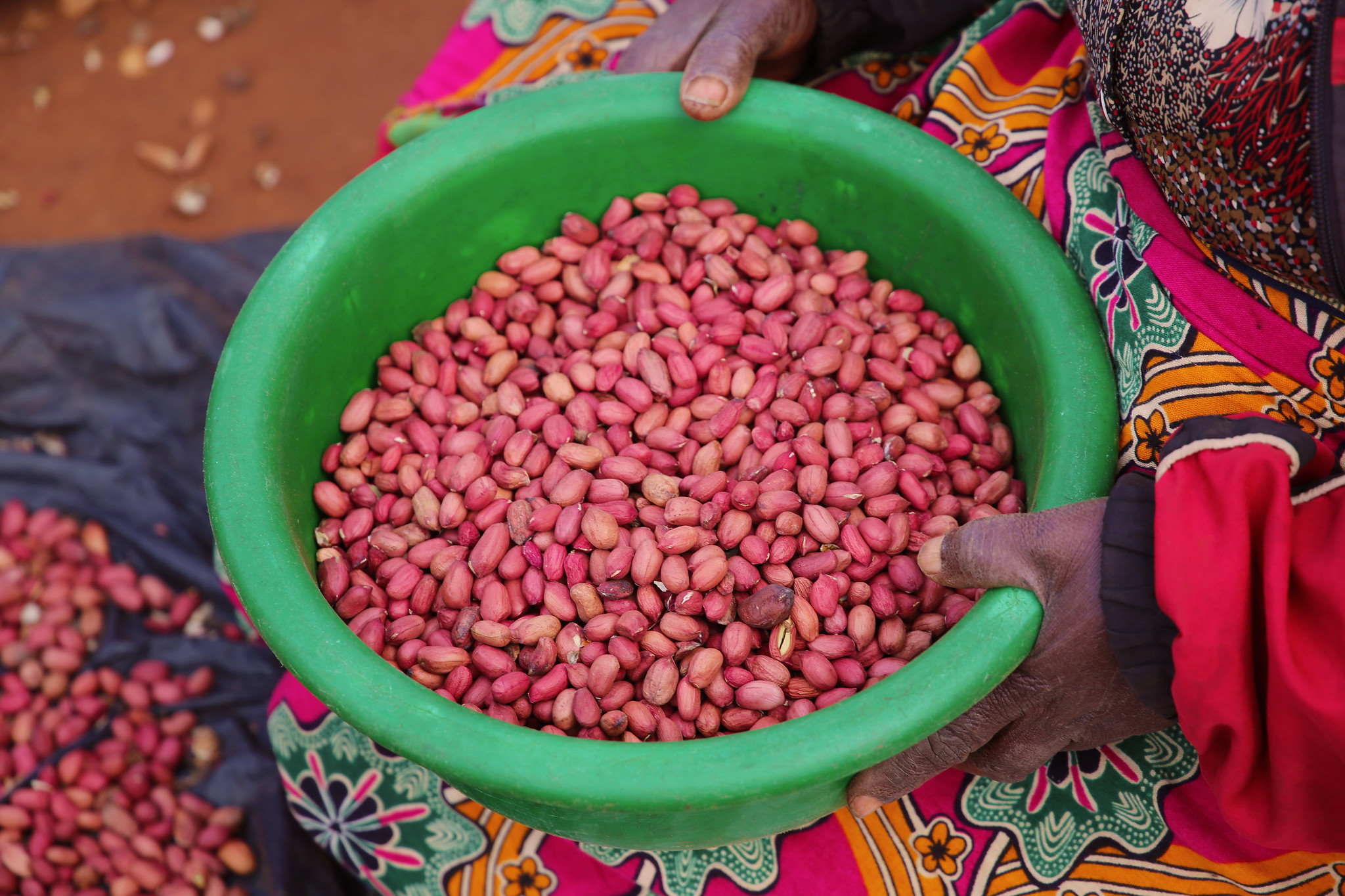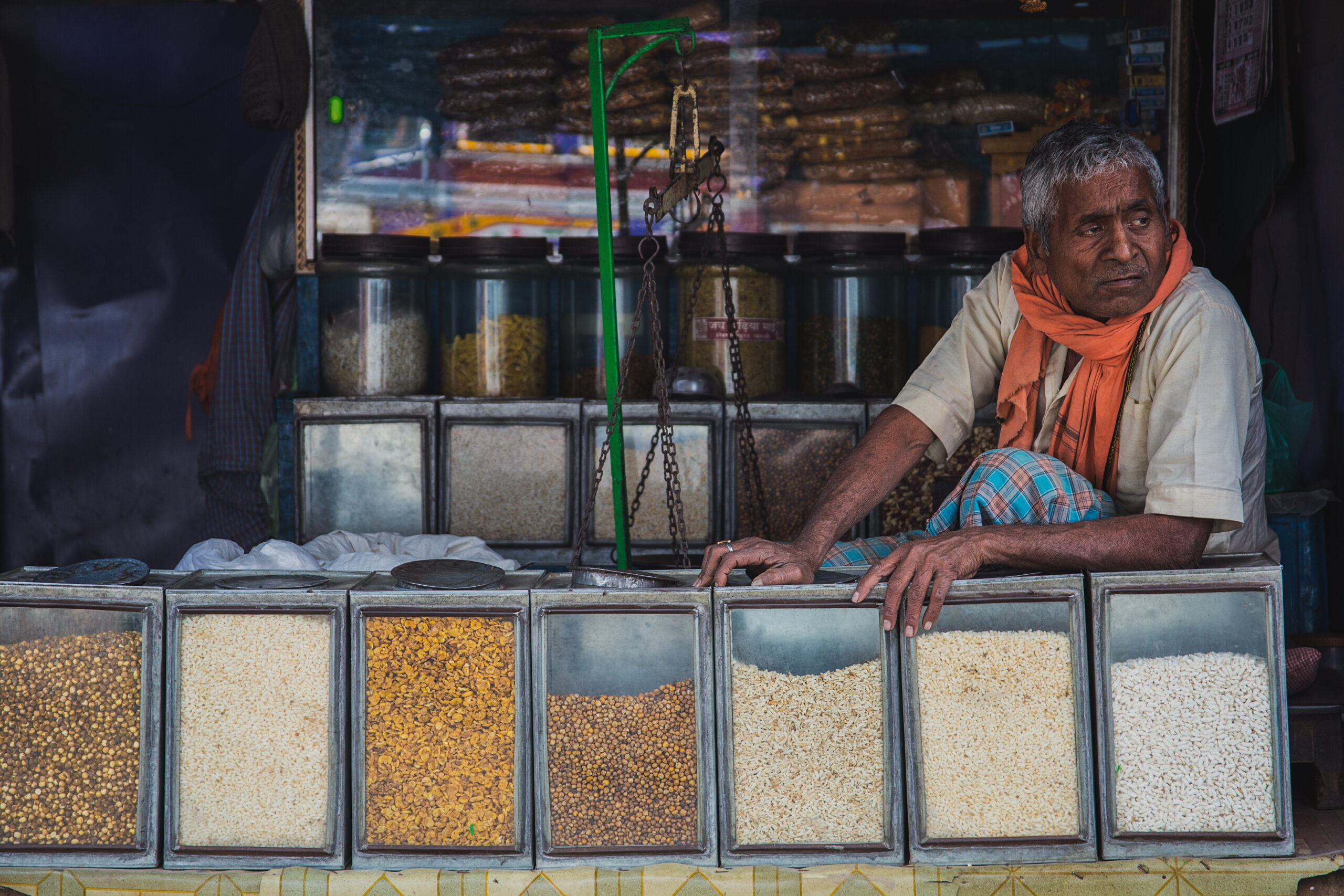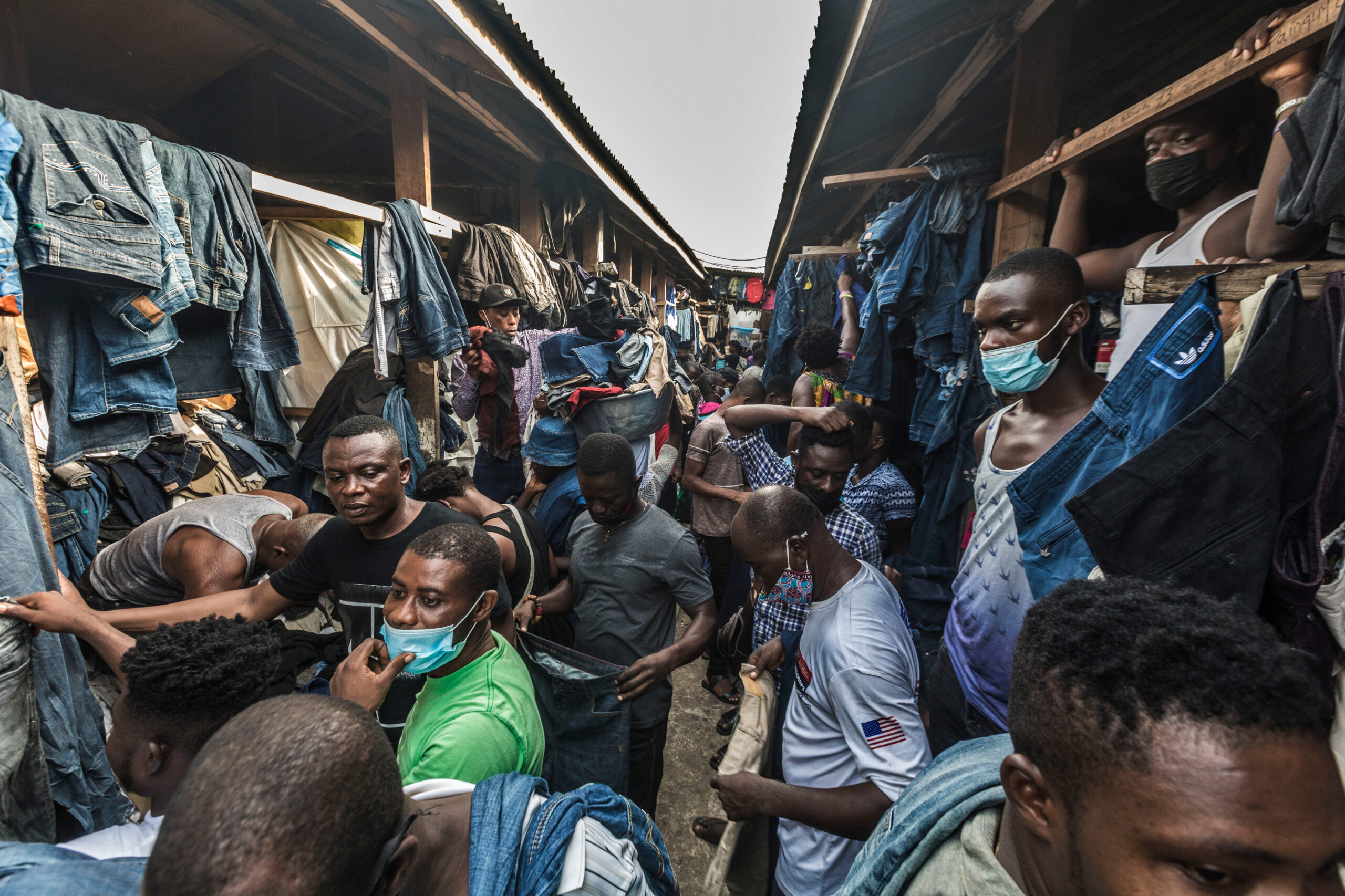Ahead of the UN Food Systems Summit taking place this week (23 September), experts are calling for a number of steps to protect the food and livelihood security of those hardest hit by Covid-19 – women and workers in informal economies around the world.
The key recommendations below – aimed at Summit leaders and national policy makers – are based on an independent Food Systems dialogue held this summer and new research identifying lessons from Covid-19 on food security and livelihoods from across sub-Saharan Africa, Latin America and South Asia.
Recommendations
Expand social protection to reach the most vulnerable
Responses from the political sector and civil society emphasized the immediate response to the immediate effects of the pandemic (e.g., providing access to food). In most instances these social protection responses need to be expanded to reach the most vulnerable – including women, youth, people with disabilities, displaced persons, and informal sector actors – but there is evidence across contexts that rapid large scale universally targeted social protection policies can reduce the impacts of shocks.
Ensure food systems are functional, more resilient and equitable
There is also a need to ensure that the immediate responses include supporting the food systems to ensure they remain functional, for example through supporting access to markets. Although essential, we also need to develop longer-term strategies (based on access to gender-specific technologies, access to credit and guarantee funds, particularly for women and young people) if we are to develop food production systems that are more resilient (less vulnerable to pandemics) and equitable.
Provide more comprehensive intersectoral responses
Food Systems are complex; we need more complex approaches that recognise intersectoral linkages for the development of risk assessment systems for a more effective response. Comprehensive policy responses must consider environmental, social protection, health and food security factors in a contextual, evidence-informed way. The precarity of the informal sector has deepened and addressing this will be key to fostering more resilient food systems.
Include local voices, indigenous knowledge and food production practices
Key to the design and delivery of comprehensive policy responses should be the inclusion of local voices in decision making and strategy design, as well as indigenous knowledge and food production practices. Civil society can be a link to understanding the needs of the most impacted, and there is a need to strengthen coordination between formal government responses and community level responses.
Strengthen the resilience of local and global food production systems concurrently
The dialogue also highlighted the importance of strengthening the resilience of local food production systems (essential for reducing vulnerability) while strengthening global systems to enable a global response to local crises. This is an important challenge that we face in reforming and transforming food systems. In the past, changes were made to the benefit of some, and to the detriment of others.
Provide financial resources to farmers
Dealing with these issues will take political power and financial resources. For example, very few farmers have access to finance, much less so in developing countries. But adaptation to climate change and other shocks requires financial input from farmers. There is a gap in the ambition of the narrative (transform food systems, adapt to climate change, build resilience and confront COVID) versus the reality (inadequate provision of finance for farmers). Where are the resources that would make this agenda feasible? How can access to funding for adaptation resilience be facilitated?
Use a green growth approach
There is a huge opportunity to use climate change adaptation and ecosystem restoration as a source of jobs creation. It is far more economical to create a job in ecosystem restoration, than to create one in construction, which is the typical recovery programme. This approach to green growth could help to create and support essential livelihoods in the wake of the pandemic.
The dialogue was jointly convened by Canada’s International Development Research Centre (IDRC), the Australian Centre for International Agricultural Research (ACIAR) and the Institute of Development Studies (IDS). The new research was conducted as part of the Covid-19 Responses for Equity (CORE) programme, funded by IDRC, which brings together findings from across sub-Saharan Africa, Latin America and South Asia on lessons from Covid-19 on food security and livelihoods.
This news item was first published on the IDS website.


